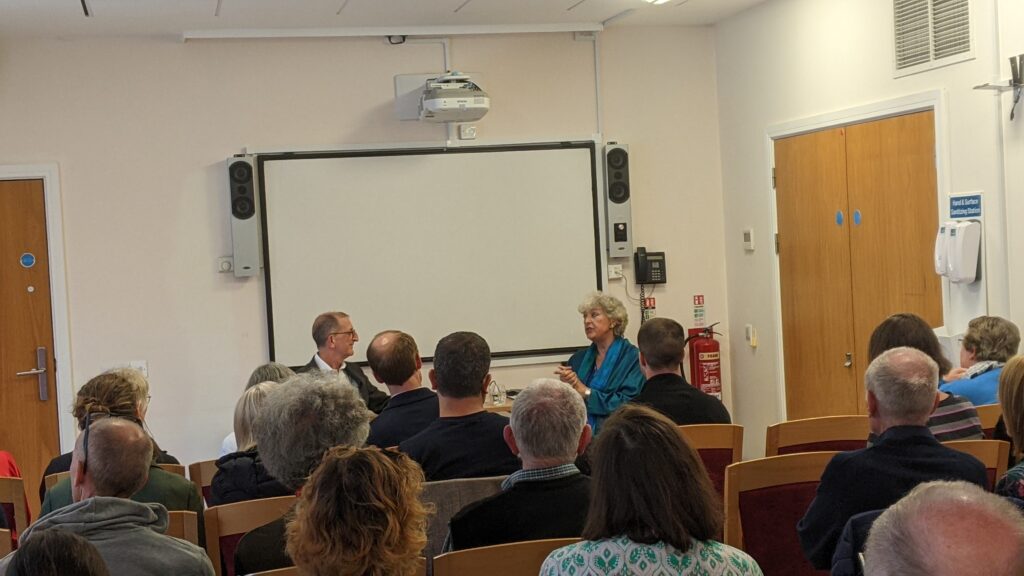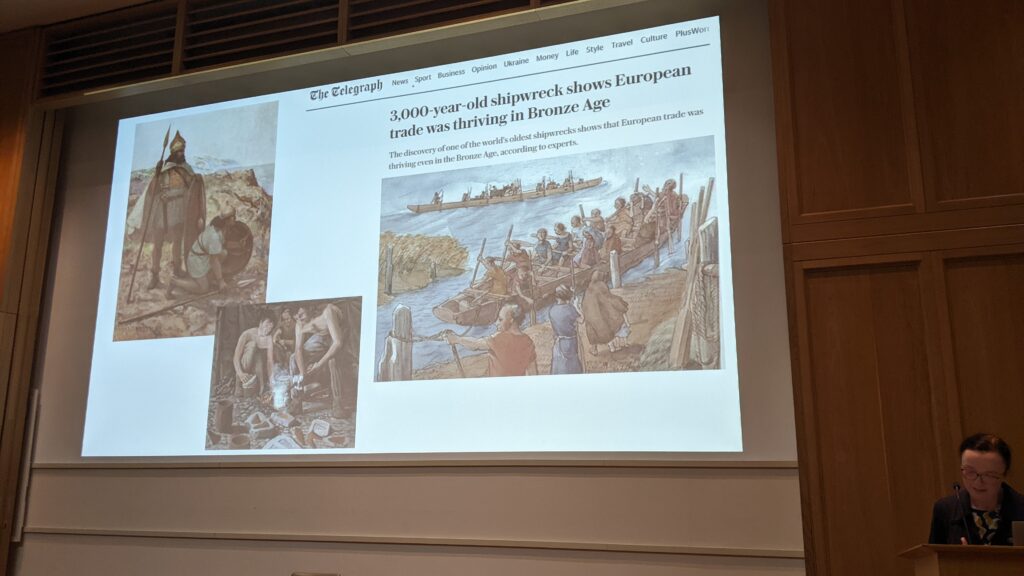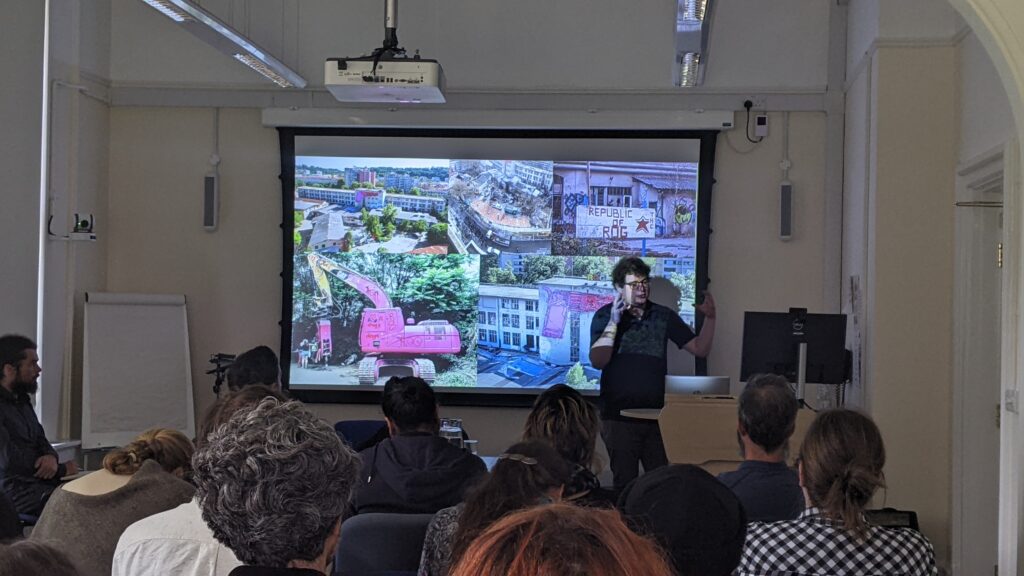Join Worcester College Provost, David Isaac CBE, as he interviews leading role models about their lives and careers.
Bridget Kendall MBE has spent over 40 years as a BBC journalist, joining as a graduate trainee in 1983. She was BBC Moscow correspondent from 1989 to 1994, covering the final years of the Soviet Union and the first years of post-Soviet Russia. She was BBC Washington correspondent from 1994 to 1998 during the Clinton Presidency. From 1998 to 2016 she held the senior role of BBC Diplomatic correspondent, reporting on major global trends and crises, and analysing their impact on Britain and the world.
Kendall was the first woman elected Master of Peterhouse, Cambridge in 2016. She was appointed a Deputy Vice-Chancellor of the University of Cambridge in 2020, the same year in which she was made an Honorary Fellow of the British Academy. She is also an Honorary Fellow of St Antony’s College, Oxford and Lady Margaret Hall. Her awards include the James Cameron Award for distinguished journalism, a Bronze Sony Reporter of the Year award, a special award for International Reporting from the Political Studies Association and an MBE in the 1994 New Year’s Honours list.

A Cambridge child studies #Oxford to study Russian, she goes onto the BBC
This is the #mainstreaming view of history. How much should we move away from the current mess? What other history’s can we tell, what is a useful and safeish path next, as this current path is ending.
How would you change if the message from the top changes.
Speaking a foreign language bracks down barriers

